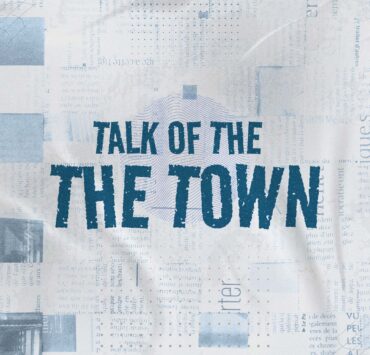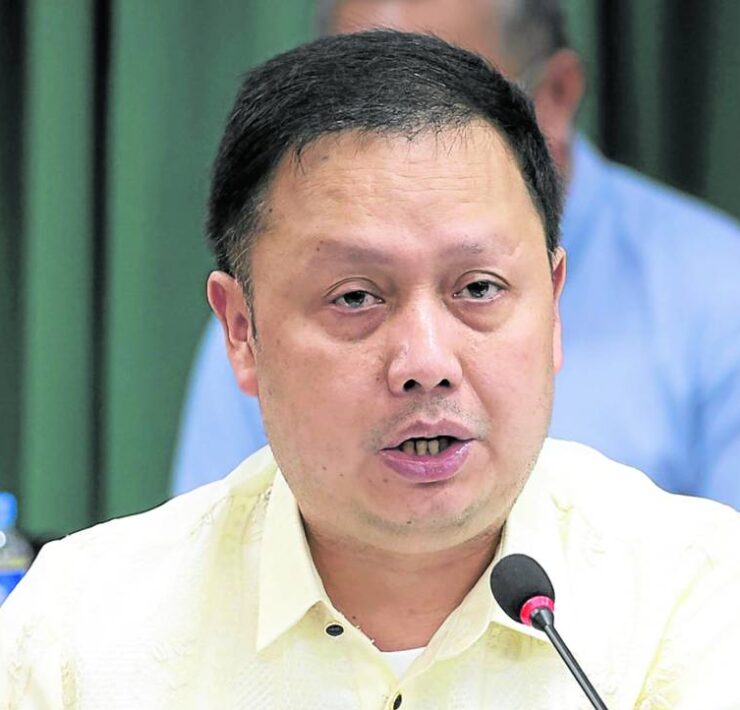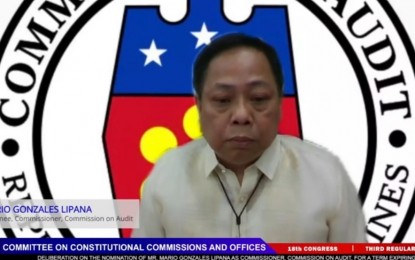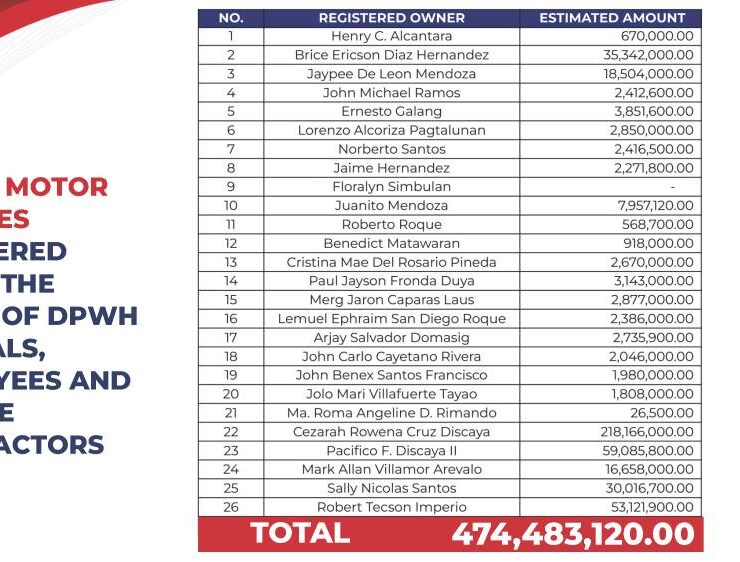Flood Control Mess: Independent Commission must take decisive action

What has become of our beloved country? Recent investigations into alleged kickbacks and corruption surrounding flood control projects, both in the Senate and the House of Representatives, are only the tip of a deeply troubling iceberg. This blatant disregard for public funds raises serious questions about the integrity of countless other government projects. Are our bridges, roads, schools, and hospitals also vulnerable to similar schemes? Are the vital medicines that sustain our nation’s health compromised by unethical practices? The scale of potential corruption is staggering and deeply unsettling.
The current investigations, while necessary, are inherently fraught with a conflict of interest. To expect the Senate and House to impartially investigate their own members involved in these alleged schemes is naive at best, and a recipe for a whitewash at worst. The very fabric of accountability is threatened when those entrusted with oversight are implicated in the very wrongdoing they are supposed to prevent. This breeds cynicism and erodes the public’s trust in our institutions.
The President’s promise to create an independent and impartial body to investigate these matters is a crucial first step, but it must be followed by decisive action. This body must possess the authority, resources, and unwavering commitment to thoroughly investigate all allegations of corruption, regardless of political affiliation or influence. Anything less will be perceived as a mere public relations exercise, further fueling public disillusionment.
The image that haunts me—the photo circulating on social media depicting a long table laden with cash, presumably intended for distribution to those involved in these corrupt practices—is a stark reminder of the human cost. This is not just about numbers on a spreadsheet; this is about the stolen resources meant for vital public services. This is about the taxes diligently paid by hardworking Filipinos, only to be siphoned off into the pockets of a greedy few. It is a betrayal of public trust on a grand scale.
The anger and frustration felt by ordinary citizens are palpable and justified. We expect our leaders to act with integrity, transparency, and accountability. Instead, we have witnessed a systematic erosion of these fundamental principles. The future of our nation is being mortgaged by the actions or inactions of today’s leaders.
This is not merely a political issue; it is a moral imperative. We must demand a full and transparent accounting of public funds. We must hold those responsible for corruption accountable, regardless of their position or power. Silence and inaction are no longer acceptable responses. We must stand united in our demand for justice and accountability.
The question that weighs heavily on our minds is: Is there hope for our country? The bleakness of the situation is undeniable, but a flicker of hope remains. Hope lies in the collective will of the Filipino people to demand change, to hold our leaders to a higher standard, and to actively participate in creating a more just and equitable society.
The burden of this corruption will undoubtedly fall upon future generations, saddled with the consequences of our inaction. Their future hangs in the balance, dependent on our decisions and actions today. We must act with urgency and resolve to ensure that they inherit a nation free from the shackles of corruption, a nation built on fairness, and transparent governance.
Our plea to the government is simple: Act decisively. Create the promised independent body, empower it with the necessary tools and authority, and ensure its investigations are thorough, impartial, and transparent. Anything less is a betrayal of the Filipino people and a devastating blow to our nation’s future.
Let us not allow this wave of corruption to sweep away the hope and promise of a better Philippines. Let us rise and demand a brighter future for ourselves and for generations to come.
REGINALD B. TAMAYO,
Marikina City





















Institutionalizing rejection of corruption